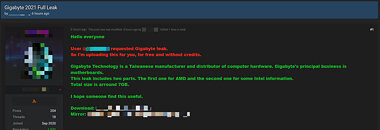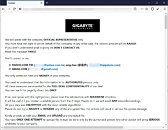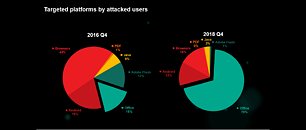The Finals Season 2 Introduces Hacker Playstyle, Launches on March 14
Season 2 of The Finals launches on March 14, and strange things are happening in the arena. The game show has been compromised by the rogue hacking collective CNS, and showrunners are scrambling to decipher their cryptic messages—but one thing is clear: the show must go on! Throughout the jam-packed season of this free-to-play game, contestants can experience new weapons for each class, the hacked new map SYS$HORIZON, the all-new 5v5 game mode Power Shift, a new skill-based League System, rewarded weekly career progression, private matches—for now in a feature-limited beta version—and the new Hacker Playstyle, which adds several ways for contestants to alter the arena to their favor.
THE Finals' new Hacker Playstyle lets players step into the shoes of CNS, with a set of new gadgets and a new specialization that can be mixed and matched with players' existing toolset. Remove walls, defy gravity, tunnel across the arena, and transform items—become the glitch in the system, the ultimate cyber tactician, and bring a new dimension to the game.
THE Finals' new Hacker Playstyle lets players step into the shoes of CNS, with a set of new gadgets and a new specialization that can be mixed and matched with players' existing toolset. Remove walls, defy gravity, tunnel across the arena, and transform items—become the glitch in the system, the ultimate cyber tactician, and bring a new dimension to the game.


















































